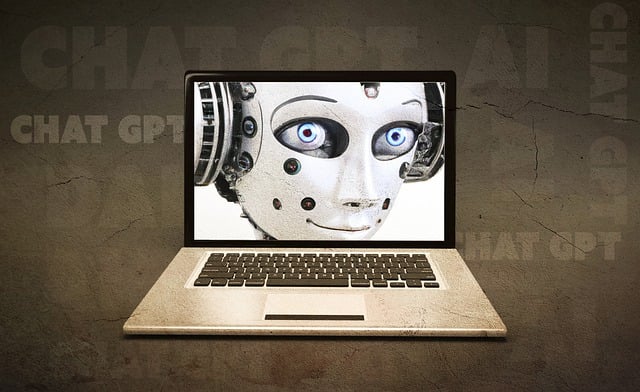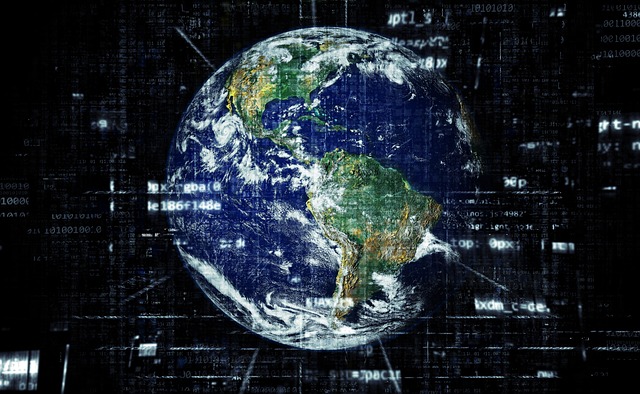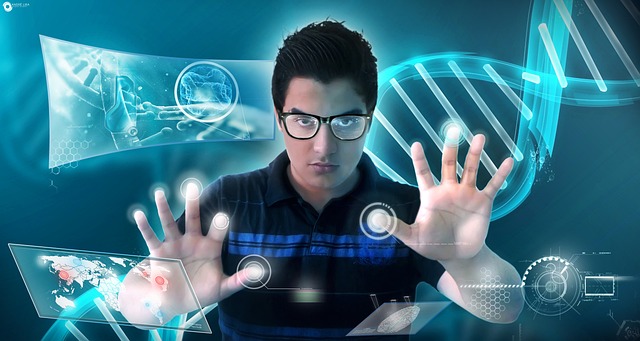# Harnessing AI Technology: Innovations Shaping the Future of Work, Life, and Human Interaction
Artificial Intelligence (AI) has emerged as one of the most transformative forces in contemporary society. Its applications span across various sectors, reshaping how we work, live, and interact with one another. From automating mundane tasks to enhancing decision-making processes, AI technology is not merely a trend; it is a profound shift that promises to redefine our future. This article explores the innovations that are driving this change and their implications for work, life, and human interaction.
## Revolutionizing the Workplace
The workplace is undergoing a seismic shift, largely due to AI’s ability to streamline operations and enhance productivity. Organizations are increasingly adopting AI-driven tools that automate repetitive tasks, allowing employees to focus on higher-value activities. For instance, AI algorithms can analyze vast amounts of data far more quickly than a human ever could, providing insights that inform strategic decisions. This capability not only improves efficiency but also fosters a culture of innovation, as teams can dedicate more time to creative problem-solving.
Moreover, AI technologies are facilitating remote work, a trend accelerated by the COVID-19 pandemic. Tools powered by AI, such as virtual assistants and project management software, have become indispensable for remote teams. These tools help in scheduling meetings, managing workloads, and even predicting project outcomes based on historical data. As a result, companies are finding that they can maintain, and even enhance, productivity levels despite physical distance.
In addition to operational efficiencies, AI is also playing a crucial role in talent management. Advanced recruitment platforms leverage AI to screen resumes, assess candidates through predictive analytics, and match skills with job requirements. By minimizing biases in the hiring process, organizations can cultivate a more diverse workforce. This transformation not only enhances workplace culture but also drives better business outcomes through varied perspectives and ideas.
## Enhancing Everyday Life
Beyond the workplace, AI technology is significantly improving everyday life. Smart home devices, powered by AI, are becoming commonplace, allowing individuals to manage their environments more efficiently. From smart thermostats that learn user preferences to voice-activated assistants that can control lighting and appliances, these innovations provide convenience and comfort. They optimize energy consumption and enhance security, making homes safer and more efficient.
Healthcare is another sector where AI is making remarkable strides. Machine learning algorithms are being utilized to analyze medical data, helping healthcare providers diagnose diseases more accurately and develop personalized treatment plans. For example, AI-driven diagnostic tools can detect conditions like cancer at earlier stages than traditional methods, ultimately saving lives. Furthermore, telemedicine platforms are integrating AI to triage patients and recommend treatments, making healthcare more accessible to people in remote areas.
Education is also witnessing a transformation through AI technologies. Adaptive learning platforms utilize AI to tailor educational experiences to individual student needs, enabling personalized learning pathways. These systems analyze student performance and adjust content delivery accordingly, ensuring that learners can progress at their own pace. As a result, educational institutions can better support diverse learning styles and improve overall student outcomes.
## Redefining Human Interaction
AI’s influence extends beyond practical applications; it is also reshaping human interaction. Social media platforms are increasingly employing AI algorithms to curate content and enhance user engagement. By analyzing user behavior, these platforms can recommend articles, videos, and connections that resonate with individual preferences. While this personalization can enhance user experience, it also raises concerns about echo chambers and the potential for misinformation.
Emotional AI, which focuses on understanding and responding to human emotions, is another area of significant development. Technologies that analyze facial expressions, tone of voice, and even physiological responses are being integrated into customer service and mental health applications. For instance, chatbots equipped with emotional AI can provide empathetic responses, improving user satisfaction and engagement. This technology holds promise for mental health support, as it can offer immediate assistance to individuals in distress.
However, the evolving role of AI in human interaction also invites ethical considerations. As AI systems become more integrated into our daily lives, questions arise about privacy, consent, and the implications of relying on machines for emotional support. Striking a balance between leveraging AI for convenience and maintaining authentic human connections is crucial. Society must navigate these challenges thoughtfully to ensure that technology enhances, rather than diminishes, our interpersonal relationships.
## Conclusion
In summary, AI technology is an omnipresent force that is reshaping the future of work, life, and human interaction. By revolutionizing the workplace, enhancing everyday experiences, and redefining how we connect with one another, AI is driving a new era of innovation. As we continue to harness the potential of AI, it is imperative to remain vigilant about the ethical implications and strive for a future where technology serves humanity. By fostering collaboration between human intelligence and artificial intelligence, we can create a world that is not only more efficient but also more compassionate and inclusive. The journey ahead is filled with possibilities, and it is our responsibility to guide AI’s development in a direction that benefits all of society.











